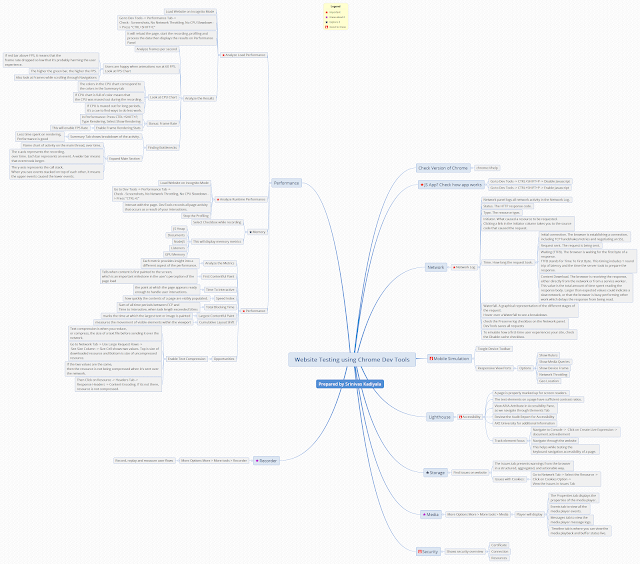Tests using (Design and Functional) Specifications (Part-2)
In the previous post: We have learnt about "Tests without Specifications (Part -1)".
If you have missed it: Click here.
Now, we will do in contrast "Tests using (Design and Functional) Specifications (Part-2)"
Read
the Project Documentations:
There are different kinds of documents may be available:
Design
Specifications
Requirement
Specifications
Functional
Specifications
User
Guides / Manuals
These
documents are very important and can help to build the product and test it.
Seek
Guidance … Ask others:
To
understand “what to be tested”, you must learn to ask others about the product
and seek guidance who has relevant knowledge about the product workflow.
Use Test
Case Design Techniques:
The
test case designs can be developed using these three important techniques:
User based Scenarios
Boundary value Analysis
(BVA)
Equivalence Partitioning (EP)
Question
others:
If you
still want to understand about the system and learn to develop more test cases.
Learn to
Question others. It can be to “Users”, “Project Managers”, “Programmers” and
even “Testers”. Remember; think you don’t know anything and ask them to tell
about the product, but don’t forget to interrupt to explain more in detail.
This can help you to
generate more test ideas of what to test.
Conclusion:
Test
generation is a skill, it should be learnt and understand to create good test
cases and helps to provide exactly or more than the customer needs.
Tip to Management: Create a friendly environment between the teams to interact frequently; this can help the product successful.
If you think, this post helps...Please let me know any Feed backs or comments.


